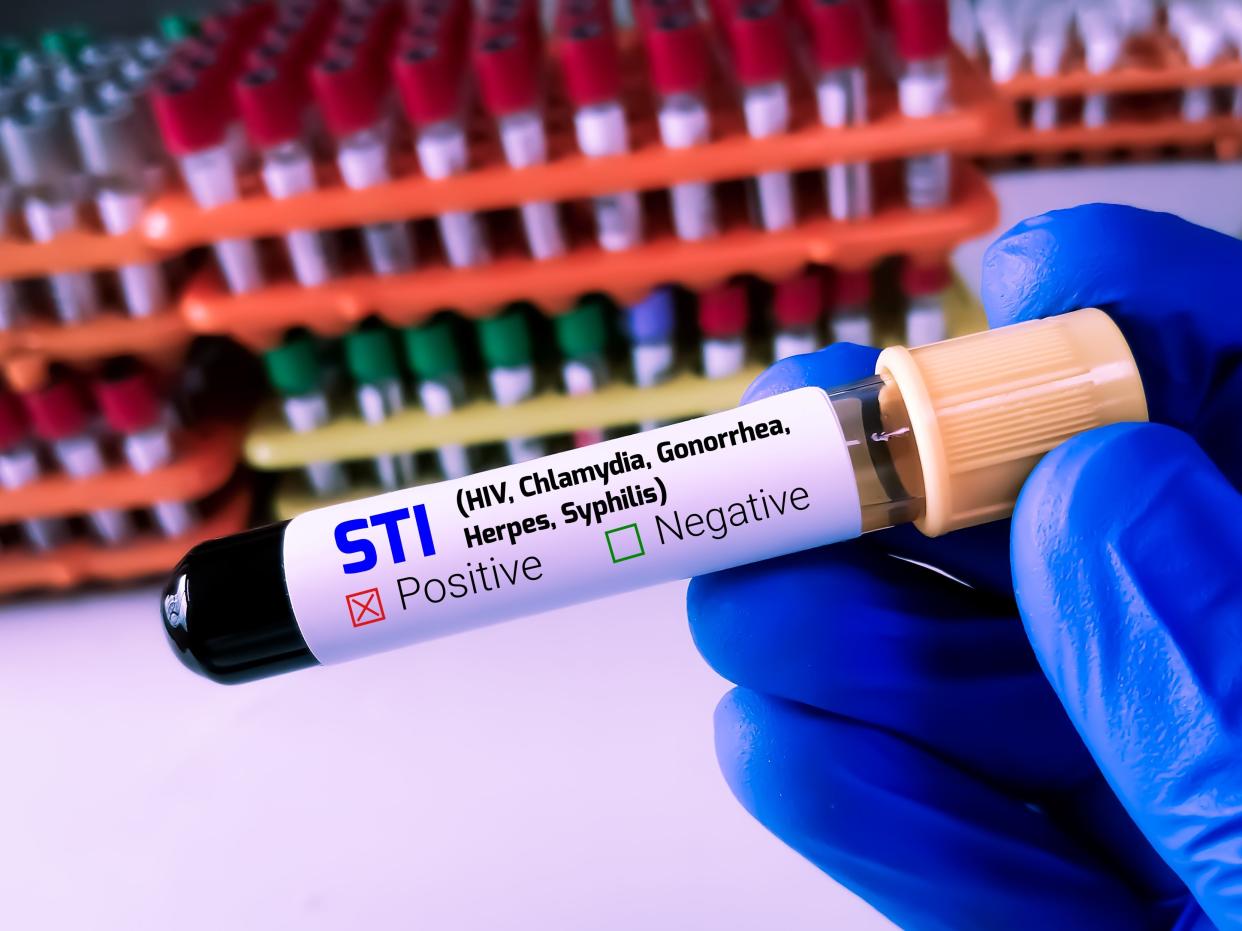Criminalizing people did not work to stop HIV transmission, and it will not decrease STIs.

In 2022, over 30,000 Oklahomans — young and old, in cities and rural communities — received a sexually transmitted infection (STI) diagnosis. Most STIs are common and easily treatable. Yet, Oklahoma is just one vote away from criminalizing the transmission of the most common STIs, including chlamydia, human papillomavirus (HPV) and herpes. People found guilty face two to five years in prison.
Criminalizing people did not work to stop HIV transmission, and it will not work if we expand it to STIs. As experts in public health and HIV, we call on Oklahoma lawmakers to learn from the data and the history of criminalizing STIs. House Bill 3098 will likely increase transmissions and decrease testing — exactly the opposite of the bill’s intent.
More: Oklahoma lawmakers want to criminalize spread of sexually transmitted diseases
Every year, Health Outreach Prevention Education (HOPE) in Tulsa provides critical sexually transmitted infections testing and treatment for thousands of Oklahomans. The need is great because STIs are very common. For example, an estimated 85% of people will contract HPV in their lifetime. But we do not have a reliable test for HPV in cisgender men, which means the new law could only criminalize women — the group at highest risk for HPV-related cancers. (Fortunately, we have a vaccine for all youth that can provide good protection against the most common forms of HPV.)
We know where the criminalization of STIs leads. HIV criminal laws have increased fear and stigma and can decrease testing and treatment. This fear is often summarized as “Take the test, risk arrest.” But it gets worse. A felony conviction means a person can be barred from holding public office. They can be denied jobs or housing and lose access to social services. And Black people are disproportionately likely to be criminalized because of their HIV status.
Learning from past legislation
Oklahoma’s HIV criminal law has not prevented one of the highest rates of new rural HIV diagnoses in the country. Rates of late testing for HIV in Oklahomans are also high. Fortunately, today, HIV is now a manageable, treatable chronic disease, but only if people can access testing and treatment.
For these reasons, the Centers for Disease Control and Prevention, American Medical Association, National Alliance of State and Territorial AIDS Directors (NASTAD), National Association of County & City Health Officials (NACCHO), U.S. Conference of Mayors, the U.S. Department of Justice, and many other organizations have all called for states to repeal or reform their HIV-related criminal laws.
Criminalizing STIs is also expensive. Oklahoma already has one of the nation’s highest incarceration rates, and the state spends $28,500 annually for every person incarcerated. Compare that to the cost of under $200 to treat many of the STIs HB 3098 seeks to criminalize. Those resources would be better spent on health care, including STI prevention, testing and treatment.
More: Lowering felony threshold for retail crime would end progress to reduce incarceration | Counterpoint
The Legislature’s goal should be creating healthier communities by removing barriers to prevention, testing and treatment for Oklahomans. Health care, not punishment, is the answer to treating and reducing the spread of STIs. Smart policies and investments in community health can help ensure we all have the health care we need, no matter who we are or where we live.
Taryn Norman is the executive director of Health Outreach Prevention Education Inc. (HOPE) in Tulsa. Nathan Cisneros is the HIV criminalization project director at the Williams Institute at UCLA School of Law.
This article originally appeared on Oklahoman: Oklahoma Legislature wants to criminalize STIs; bill will make it worse

